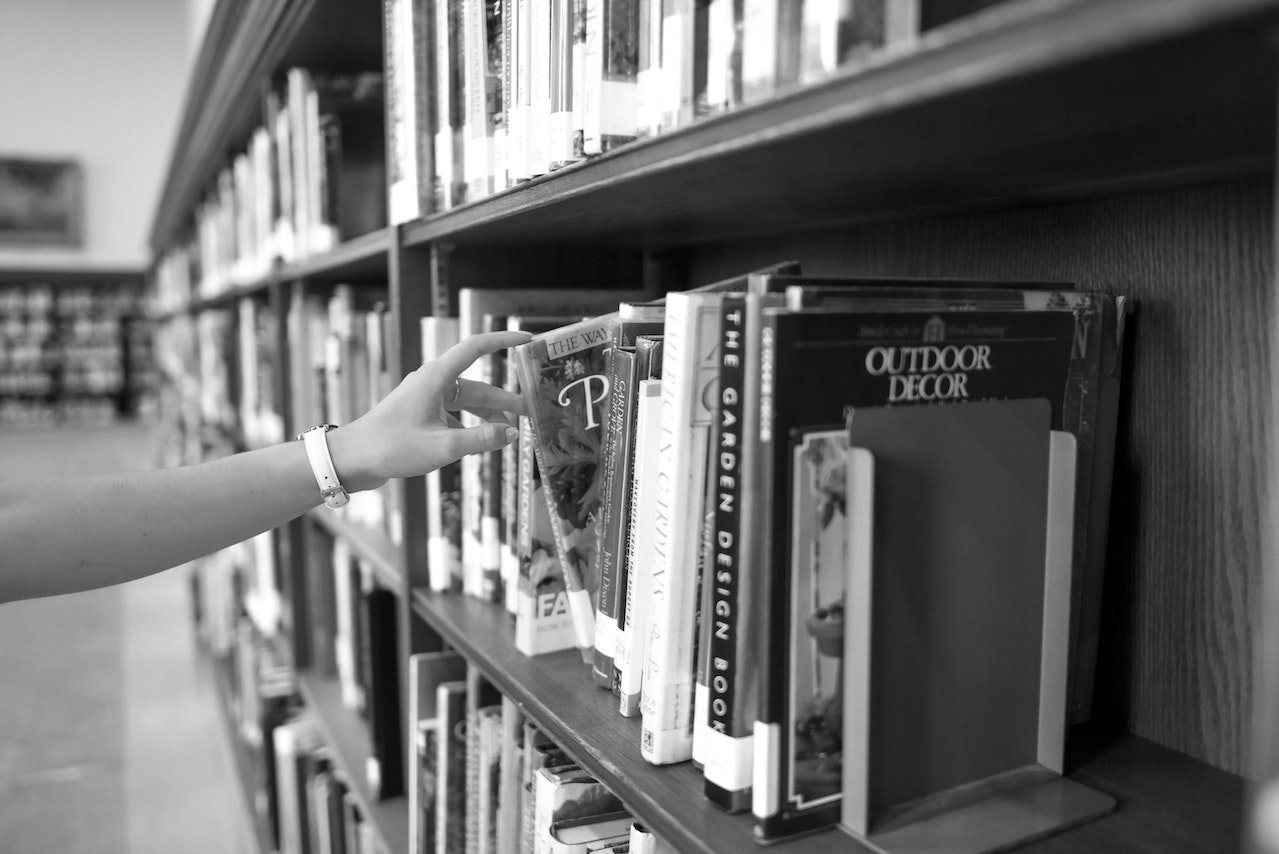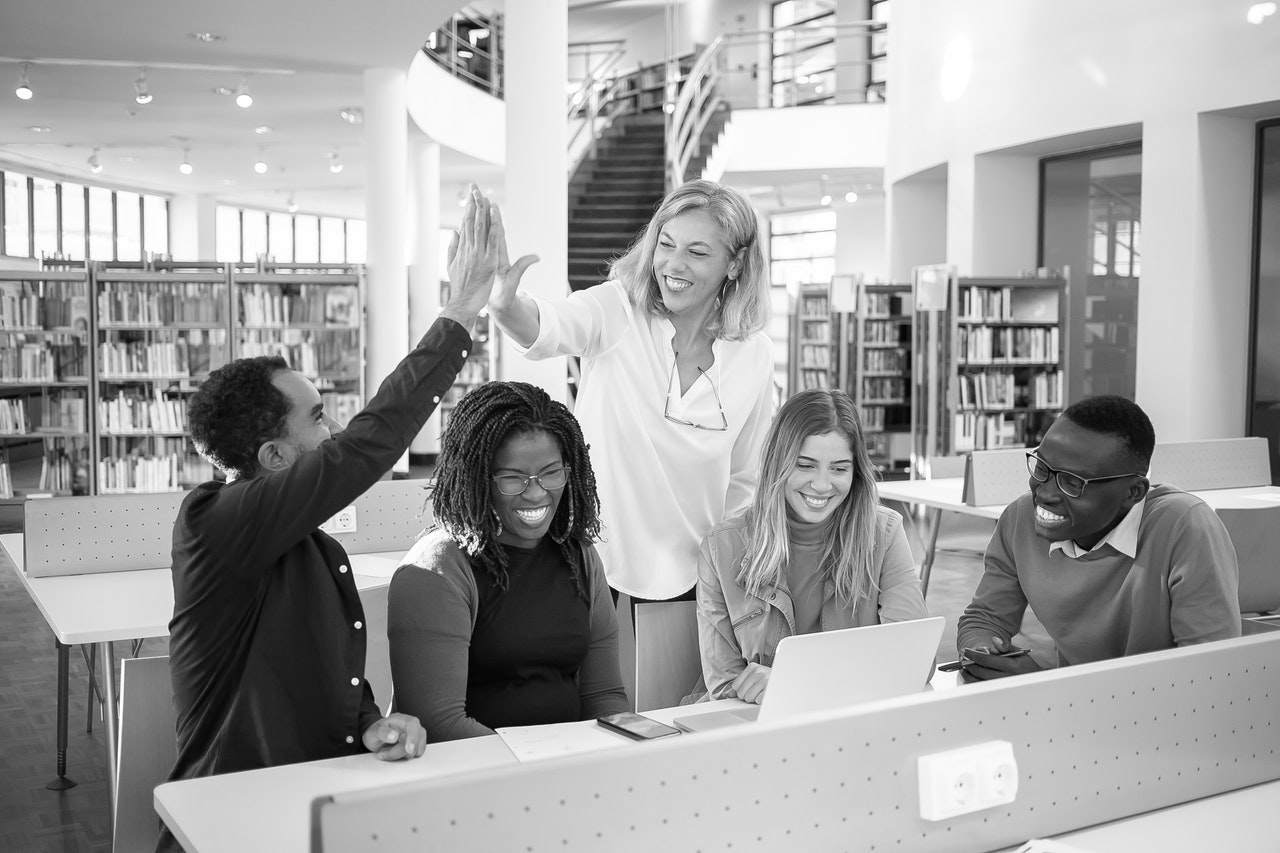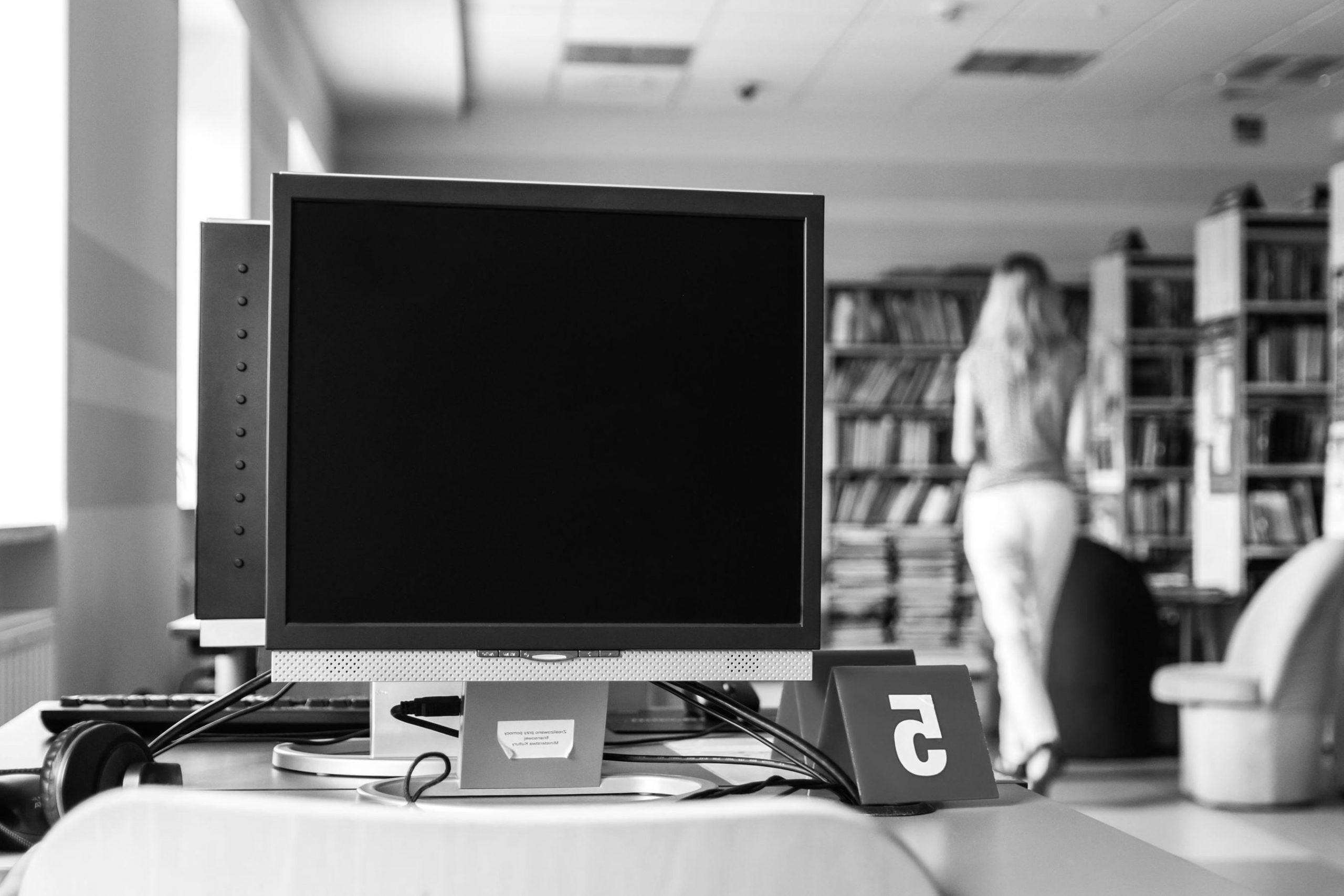Teaching Research Skills to Primary and Junior School Students
- Created By Sarah Pavey
- Last Updated July 15th, 2024
Learning to work with information is a fundamental skill today. However, to expect younger students just to find what they need on the internet does not give them a full and enriching research experience. Neither does it equip them with the research competencies they will need for the future. This course will cover the basics of good research practice and how we can teach these skills to primary and junior students.
Live Sessions using ZOOM
Session 1:
Developing Good Practice and Research Vocabulary
- What models can we follow for research by younger students.
- How to help students develop their research questions.
- How to encourage students to expand their vocabulary and then select keywords to ensure they find appropriate information.
Understanding Information Sources
- What are the different types of information (primary, secondary, tertiary etc).
- How do we know what makes a valid source of information?
- Where can we find sources of information?
Session 2:
Evaluation of Information
- Feedback from the set activity on evaluation of information.
- What models and exercises can we follow for learning to evaluate information?
- How do we demonstrate how to choose what information to use in project work?
Synthesis of Information
- Showing students how to synthesise text using information from multiple sources, using their own voice.
- How do we record the information we have used and why is this important?
- When and how to use visual information in a project.




